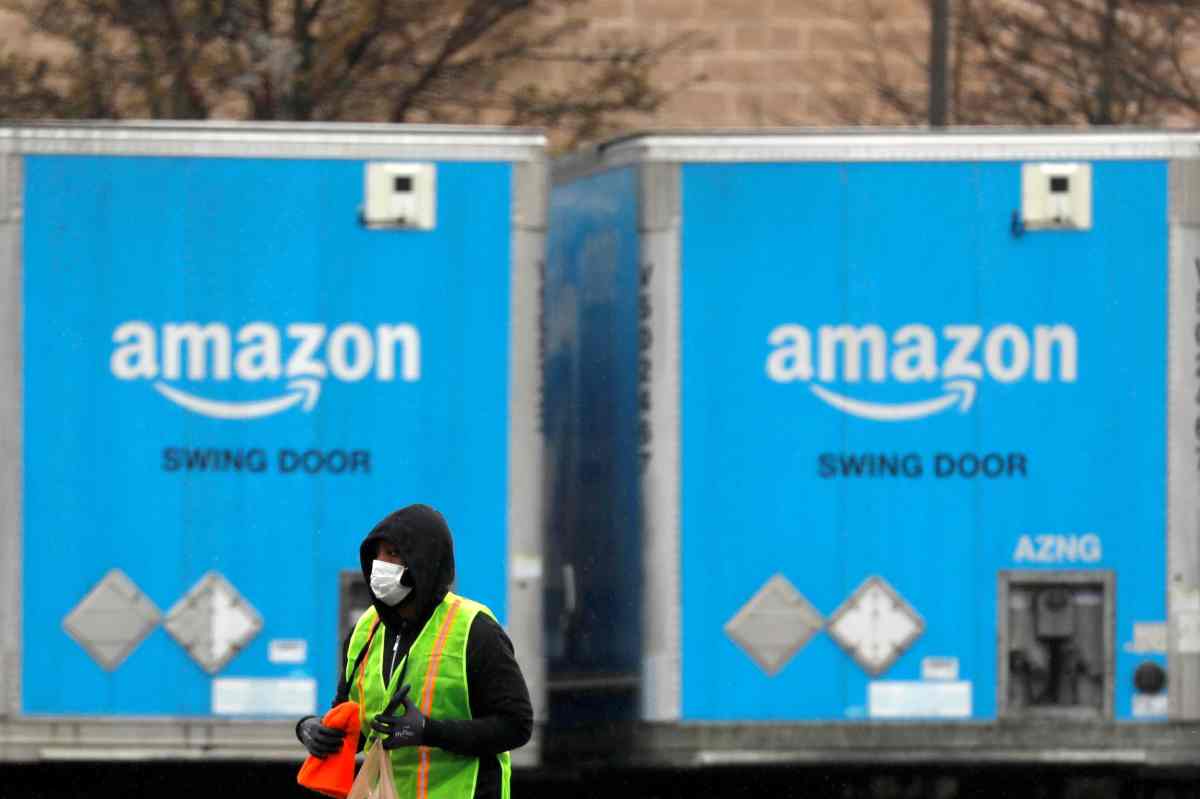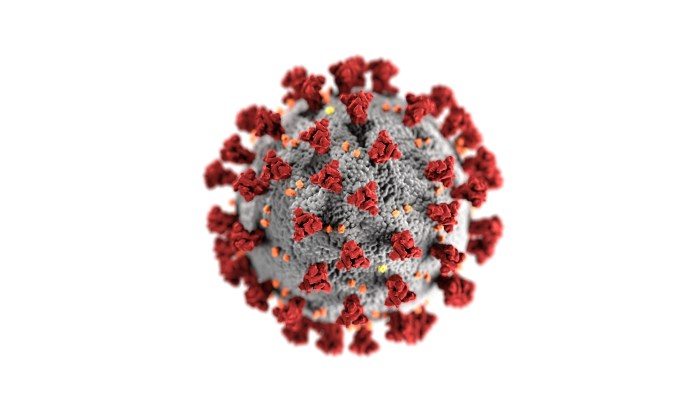Amazon.com Inc. plans to roll out temperature checks and face masks for staff at all its U.S. and European warehouses plus Whole Foods stores by early next week, a huge deployment for workers on the front lines of the coronavirus outbreak.
The company, which has reported virus cases among warehouse staff and faced several demonstrations, said it would start testing hundreds of thousands of employees a day for fevers. It told Reuters it would use no-contact forehead thermometers at site entrances and send anyone registering more than 100.4 Fahrenheit (38 Celsius) home.
All locations will have surgical masks available by early next week, after millions were ordered weeks ago, according to Amazon. Particle-blocking N95 masks it has ordered will instead be donated to medical workers or sold at cost to government and healthcare organizations, it said.
The company will also use machine-learning software to monitor building cameras and determine whether employees are staying at safe distances during their shifts, or whether they are often huddled too close together.
The plans, previously unreported, show how the world’s largest online retailer is aiming to mitigate the major health risks facing its staff.
Like first responders, workers are bringing food and essential goods to millions of people whom governments have told to stay at home. But doing so puts staff into proximity with countless others at warehouses, at grocery stores and at shoppers’ doorsteps, increasing the likelihood they will contract the COVID-19 disease.
Walmart Inc., the largest U.S. employer, said earlier this week it would take employees’ temperature and provide them with masks.
Amazon said the mask rollout was underway. Temperature scans have begun at facilities near its Seattle headquarters and in New York. The company has already ramped up to more than 100,000 employee checks daily, with more sites to come.
Workers with high temperatures will have to stay home until they pass three days without a fever, the company said.
The retailer has more than 700 facilities in its U.S. and European distribution network, according to logistics consultancy MWPVL International Inc. Amazon-owned Whole Foods has 508 stores, according to the grocer’s website.
80,000 WORKERS HIRED
Some unions and elected officials have criticized Amazon’s response to the coronavirus outbreak, a pandemic that has infected more than 935,000 people globally and led to about 47,000 deaths. Some officials have called on the company to shut down its facilities.
In the United States, workers from at least 19 warehouses have tested positive for the novel coronavirus, according to reports, leading to walkouts by a small number of staff in New York and near Detroit this week. Delivery drivers contracted for Amazon and other companies have said they lacked hand sanitizer, sick pay and health insurance.
Facing a shortage of labor to address a spike in customer orders, Amazon has largely avoided warehouse closures and last month said it would hire 100,000 people. It reported a full and part-time workforce of 798,000 as of Dec. 31.
On Thursday the company said it had filled more than 80,000 of those 100,000 positions, and now expects to spend well above the $350 million it forecast for pay raises that run through April.
Dave Clark, Amazon’s senior vice president of worldwide operations, said the company has prioritized worker safety and changed more than 150 processes to do so. To promote social distancing, Amazon has already staggered warehouse work start times and ended stand-up meetings during shifts.
“Nothing is more important to us than making sure that we protect the health of our teams,” Clark said in a blog post on Thursday.
(Reporting By Jeffrey Dastin in San Francisco; Editing by Pravin Char)





























